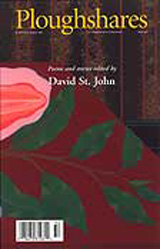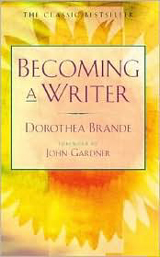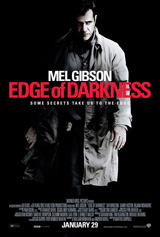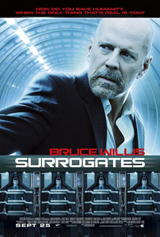When do you use a question mark? I wonder if it’s as simple as it seems. You think you’ve got it down? Do you use a question mark after a direct question? An indirect question? Within a sentence? You didn’t know it could be so complicated, did you? The question is, do the rules vary depending on the style guide? Would you please keep reading.
Okay, that may not be the most eloquent lead, but it does offer an introduction to the areas of inquiry we’ll be addressing today as we discuss the question mark.
Direct Questions
Use a question mark after direct questions:
What is Jim’s favorite book?
Does Derrick go to the movies often?
Indirect Questions
Do not use a question mark, however, after indirect questions. An indirect question is one that is reported rather than asked directly:
Jim wonders if he watches too much television.
Derrick asked directions to the art museum.
Questions in the Form of Statements
Sometimes we get lazy and leave out the helping verb that would make our sentence a complete question. The result is a sentence that looks like a declarative statement but is actually a question and so should be followed by a question mark.
Here’s a properly phrased question:
Did Jim leave the lights on?
Now, here is another question, but this one looks like a statement. What if we used a period instead of a question mark? The meaning of the sentence would change:
Derrick turned the lights off?
Questions in a Series
We also often take a shortcut when we’re asking a series of questions that are related. Instead of repeating virtually the same sentence over and over again, we leave out the redundant part and just write or say the part’s that changed, often a fragment:
Has Jim packed his toothbrush? Extra shoes? Clean underwear?
May Derrick extend his curfew to eleven? Midnight? One o’clock in the morning?
There is some debate whether to capitalize the first letter of these fragments. Grammar Girl doesn’t like to, since they’re not complete sentences, but both AP and Diana Hacker’s Handbook for Writers do, so I would.
Statements Tagged With a Question
Other times we start out making a statement but then tack a little question onto the end of the sentence, just to be sure:
Jim is going out of town this weekend, isn’t he?
Derrick will go out for dinner with us on Friday, won’t he?
These tags turn the whole sentence into a question, so use a question mark.
Questions Within a Sentence
Now things start to get complicated. What if a question falls within a statement? Such a question may appear at the beginning, middle, or end of a sentence. In all cases, the question still ends with a question mark:
What is Derrick up to? Jim thought.
If the question is in the middle or at the end of a sentence, use a comma to separate the initial clause from the question:
Jim wondered, should he go to Hawaii or Aspen over winter break?
The question, how shall we celebrate Derrick’s birthday? was hotly debated among his friends.
In the second example, it seems like the question should also be followed by a comma, but the question mark supersedes the comma. Never use a comma right next to a question mark.
In each of these cases, I’ve kept the first letter of the question in lower-case. However, Chicago recommends considering a capital letter if the question is relatively long or contains internal punctuation:
Jim had to decide, Should he keep his vacation plans, or would it be rude to miss Derrick’s birthday?
Polite Questions
Finally, sometimes when you want someone to do something, you phrase it as a question just to be polite. Advice on whether to use a question mark in these cases varies. Hacker’s Handbook says yes:
Will you please invite Jim to Derrick’s birthday party?
Chicago, on the other hand, advises not to:
Would you kindly accept Jim’s RSVP to Derrick’s birthday party.
As opinion varies, I think this one is your call. Decide on the tone you want to convey. If you’re really asking a question, use a question mark. If you’re making a polite demand, use a period.
Next week on Tuesday Afternoon Punctuation: the exclamation point!
Resources
Chicago Manual of Style, The. 15th ed. Chicago: The University of Chicago Press, 2003.
Fogarty, Mignon, Grammar Girl’s Quick and Dirty Tips for Better Writing. New York: Holt Paperbacks, 2008.
Goldstein, Norm, ed. The Associated Press Stylebook. 42nd ed. New York: Basic Books, a Member of the Perseus Books Group, 2007.
Hacker, Diana, The Bedford Handbook for Writers, 3rd ed. Boston: St. Martin’s Press: 1991.







